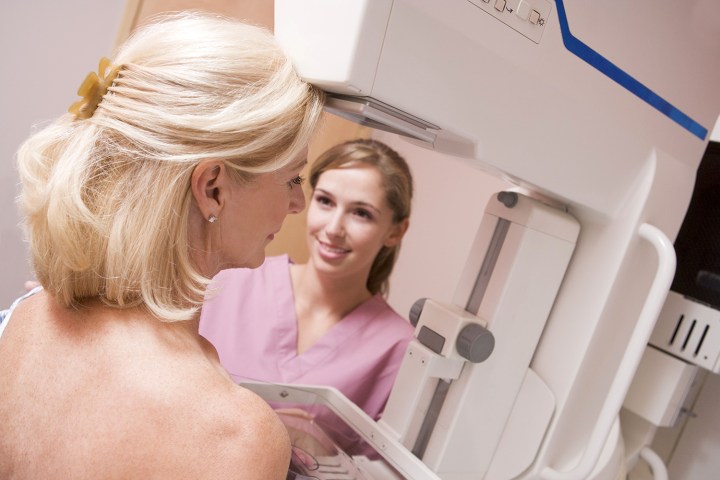
But why settle for impressiveness when we can aim for perfection?
That’s the question asked by a team of scientists, who’ve trained an artificial intelligence system to detect breast cancer with near-human accuracy. The researchers from Harvard Medical School (HMS) and Beth Israel Deaconess Medical Center (BIDMC) entered their system into a competition at the International Symposium of Biomedical Imaging, walked away with a couple awards, and recently published their study online.
“We think AI has tremendous potential to improve health care, by enabling the construction of diagnostic tools to make diagnoses that are more accurate, more reproducible, and more predictive,” study co-author Andrew Beck of BIDMC told Digital Trends. “We hope these tools enable physicians to more effectively match patients to the right therapies.”
The researchers trained their system on 300 slides of lymph node biopsies, half of which contained cancerous tissue and half of which did not. A human pathologist circled each region that contained cancer and the researchers fed these images to their AI. Once the system reviewed all 300 slides, they showed it millions more with cancerous and normal patches of lymph nodes, rehashing the images that the system struggled to analyze.
The result was an AI that could detect breast cancer with 92 percent accuracy. That’s a few percentage points short of the average pathologist but, here’s the thing, when the researchers combined their AI’s efforts with pathologists’, they could identify breast cancer with 99.5 percent accuracy.
In this case, when AI and pathologists work in conjunction, their detection nears perfection. Still, Beck sees room for improvement. “I hope to see the model performance continue to improve at this task as well as other tasks in cancer pathology,” he said, “and in parallel I hope new systems and processes are developed to enable implementation of these tools in the clinical workflow.”
That is, the AI has a lot of training ahead of it, as Beck and his team intend to feed it larger and more diverse datasets, while refining the way pathologists engage with the emerging technology.


